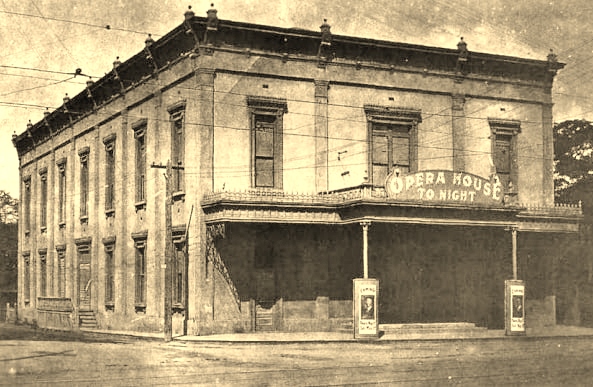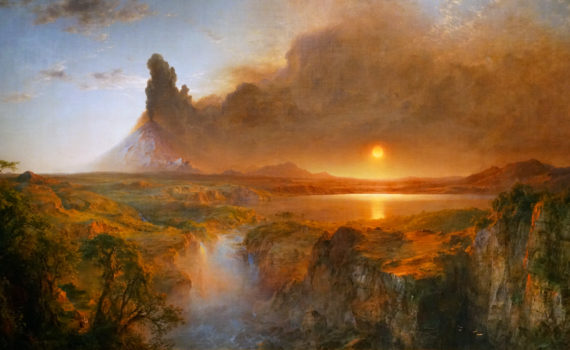

As the 19th century progressed, Italian composers Rossini ( pictured right), Donizetti and Bellini continued to compose lyrical scores – their writing privileged the expressive power of the human voice in what has become known as the bel canto (beautiful singing) style. New subjects extolling liberty became popular in the works of the Paris-based Italian Luigi Cherubini, the contemporary most admired by Beethoven. The French Revolution impacted on opera as on everything else. At the end of the 18th century, Mozart (1756-1791) drew on these traditions in a sequence of comedies (Nozze di Figaro, 1786, Don Giovanni, 1787, and Così fan Tutte, 1790), as well as renewing opera seria (Idomeneo, 1781, and La Clemenza di Tito, 1791), and giving a boost to opera in the German (as opposed to Italian) language (Die Entführung aus dem Serail, 1782 and Die Zauberflöte, 1791). Simplicity and naturalism were the watchwords of Gluck (1714-1787), whose L'Orfeo ed Euridice (1762) and Alceste (1767, pictured left) provided the benchmarks for such "reform" works, focusing on dramatic truth. The second arose from a desire to rationalise opera along Enlightenment lines. Comedies ( opera buffa) such as this made opera seria look marmoreal.

The first was the posthumous success of Pergolesi's 1733 subversive Neapolitan comedy, La Serva Padrona, in which a maid outwits and marries her master. Two developments ended the hegemony of serious opera ( opera seria).

Opera moved into the public sphere in 1637 when the first opera house opened in Venice, soon sparking rival operations. Greek myths continued to provide the subject matter as opera spread throughout Italy. The most famous example is L'Orfeo by Monteverdi (1567-1643, pictured right), which is often regarded as opera's first masterpiece. The Camerata's successful experiment led to follow-ups, often performed at Italian courts for the entertainment of guests.


 0 kommentar(er)
0 kommentar(er)
